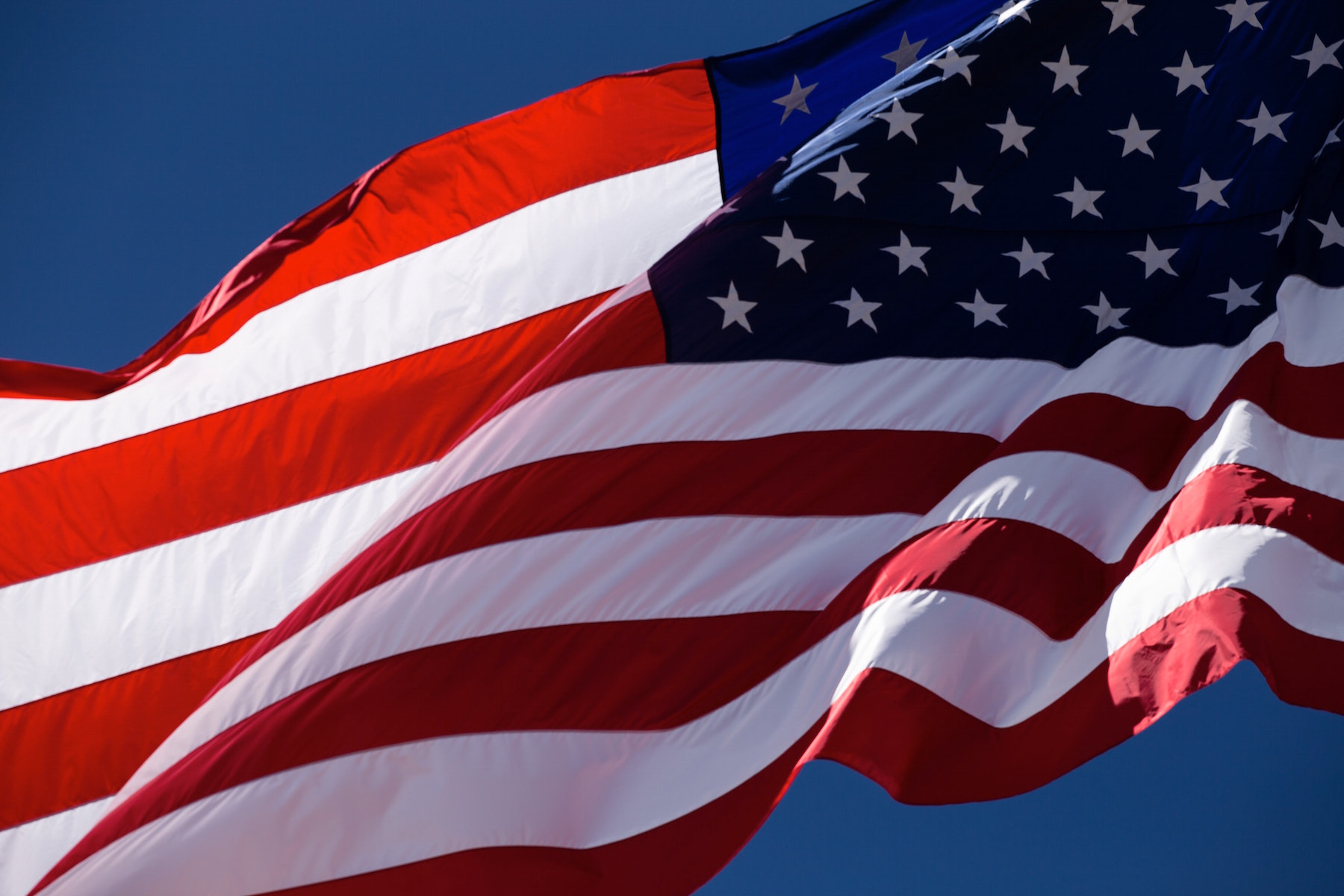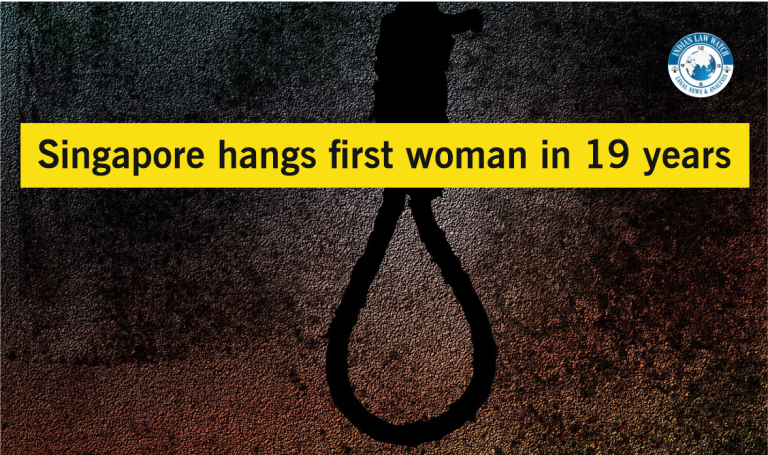

-
H-1B and L-1 visa have been a cause of grave concern always as it deprives native Americans of their rightful employment. Seeking to comprehensively overhaul the process of H-1B and L-1 visa programmes, a bipartisan group of influential senators have introduced a legislation in the US Senate to plug loop holes and crack down on foreign outsourcing companies that exploit these popular visa programmes to deprive qualified Americans of high-skilled jobs. Grassley and Durbin first introduced the legislation first in 2007 and have been long-time advocates for H-1B and L-1 visa reform.

- Popularity of H1B visa for technology segment: Technology based companies depend on to hire tens of thousands of employees each year from countries like India and China. The H-1B visa programme is the most popular work visa programme among foreign professionals, including Indians. The L-1 visa is a non-immigrant visa valid for a relatively short amount of time.
- More Transparency: The H-1B and L-1 Visa Reform Act will reduce fraud and abuse, provide protections for American workers and visa holders, and require more transparency in the recruitment of foreign workers, the senators said.
-
Best of STEM: The H-1B and L-1 Visa Reform Act will require U.S. Citizenship and Immigration Services to prioritize for the first time the annual allocation of H-1B visas. The new system would ensure that the best and brightest STEM advanced degree students educated in the United States receive preference for an H-1B visa, and it also prioritize other U.S. advanced degree holders, those being paid a high wage, and those with valuable skills.
- Senators behind the bill: Introduced by Senate Majority Whip Dick Durbin, Chair of the Senate Judiciary Committee, and Senator Chuck Grassley, Ranking Member of the Senate Judiciary Committee, the legislation is co-sponsored by Senators Richard Blumenthal, Tommy Tuberville, Sherrod Brown, Bill Hagerty, and Bernie Sanders.
- Prohibition of American worker replacement by H1-B and L-1 Visa: The legislation explicitly prohibits the replacement of American workers by H-1B or L-1 visa holders and clarifies that the working conditions of similarly employed American workers may not be adversely affected by the hiring of an H-1B worker, including H-1B workers who have been placed by another employer at the American worker’s worksite, a media release said
- Legislation meant to plug loopholes: According to media report, for years, outsourcing companies have used legal loopholes to displace qualified American workers, exploit foreign workers, and facilitate the outsourcing of American jobs. Our legislation would fix these broken programmes, protect workers, and put an end to these abuses, he said.
- Americans who groomed their skills at US University should be given priority: When skilled foreign workers are needed to meet the demands of our labour market, we must also ensure that visa applicants who honed their skills at American colleges and universities are a priority over the importation of more foreign workers. The bill takes steps to ensure that the programmes work for Americans and skilled foreign workers alike.
- Stricter check on Companies with more than 50 employees hiring atleast half H1-B or L-1: Specifically, the bill would prohibit companies with more than 50 employees, of which at least half are H-1B or L-1 holders, from hiring additional H-1B employees. The bill gives the US Department of Labor enhanced authority to review, investigate, and audit employer compliance with programme requirements, as well as to penalise fraudulent or abusive conduct.
- Wage reforms: In addition, the H-1B and L-1 Visa Reform Act includes several reforms of the L-1 visa programme, including the establishment of a wage floor for L-1 workers; authority for the US Department of Homeland Security to investigate, audit, and enforce compliance with the L-1 programme requirements; assurance that intra-company transfers occur between legitimate branches of a company and do not involve shell facilities; and a change to the definition of specialized knowledge to ensure that L-1 visas are reserved only for truly key personnel, the media release said.
- Prioritise American Workers: This legislation will crackdown on the manipulation of existing vulnerabilities to ensure employers prioritize the American worker before considering any high-skilled foreign applicants. If we are going to get our economy back up and running, we need to do it correctly and that begins with utilizing the talent we have here at home first and foremost, said Senator Tuberville.

- H1-B Visa: The H1B visa classification permits a foreign national to work in the United States for a temporary period. It is available for offers of employment that are in a specialty occupation.
- Duration of H1-B Visa: A person may hold H1B status for a maximum of six years, and it may be issued in increments of up to three years by the USCIS. An employee may receive extensions of H1B status beyond six years in certain circumstances, if s/he is in the process of applying for employment-based permanent residence (commonly referred to as the “green card”).
- Total H1B Visa: H1B visas are numerically limited, with a total of 85,000 visas available each fiscal year (20,000 of these visas are restricted to individuals who have received master’s degrees or higher from U.S colleges or universities). This limitation is referred to as the H1B cap. The H1B visa is also available for offers of employment as a fashion model of distinguished merit and ability.
- An employee who has previously received an H1B visa, or been granted H1B status is generally exempt from the numerical limitations.
- An employee who is presently employed in H1B status may utilize the portability provisions of the American Competitiveness in the Twenty-First Century Act (AC21) to transition their H1B to a different employer.
- The spouse and minor child/ren of an H1B employee are authorized to live in the United States in H-4 status, and to study, but are not permitted to work.
US Citizenship and Immigration Services (USCIS) on Monday announced that it has received a sufficient number of petitions needed to reach the congressionally mandated 65,000 H-1B visa regular cap and the 20,000 H-1B visa US advanced degree exemption, known as the master’s cap, for fiscal year (FY) 2022.
Image: Ben-mater-unsplash





